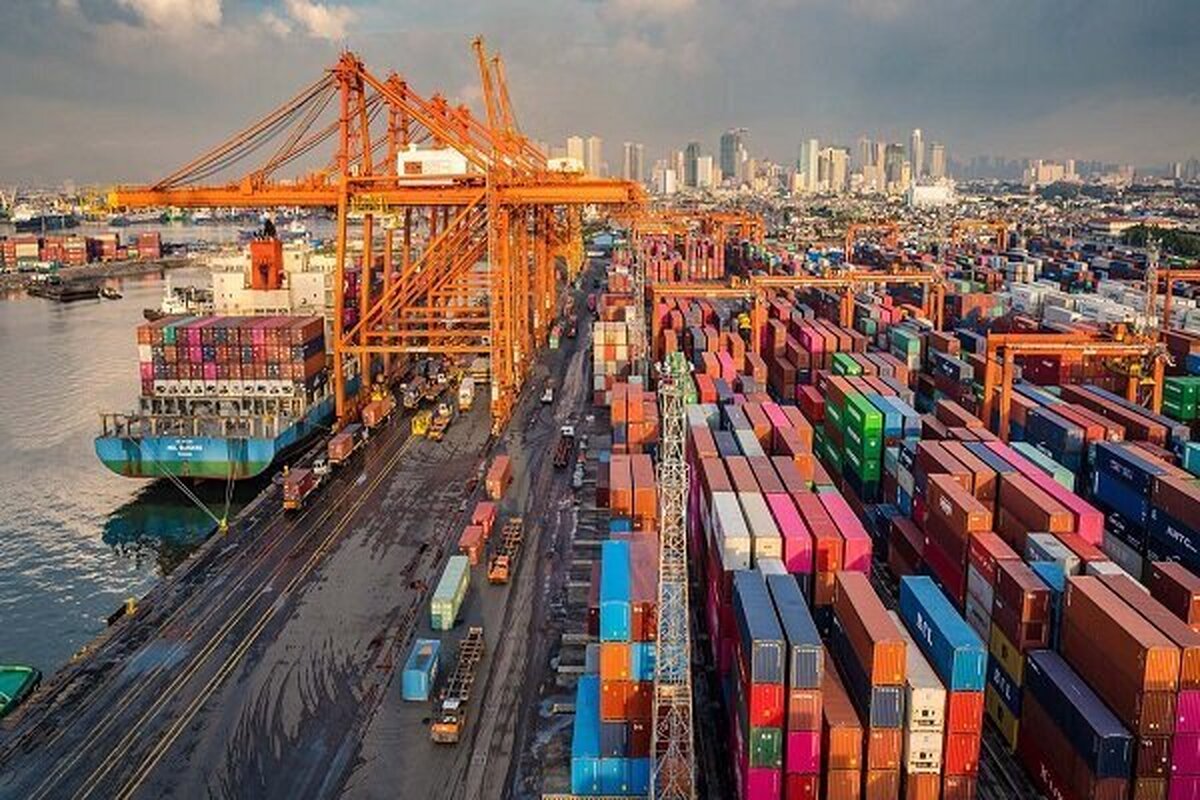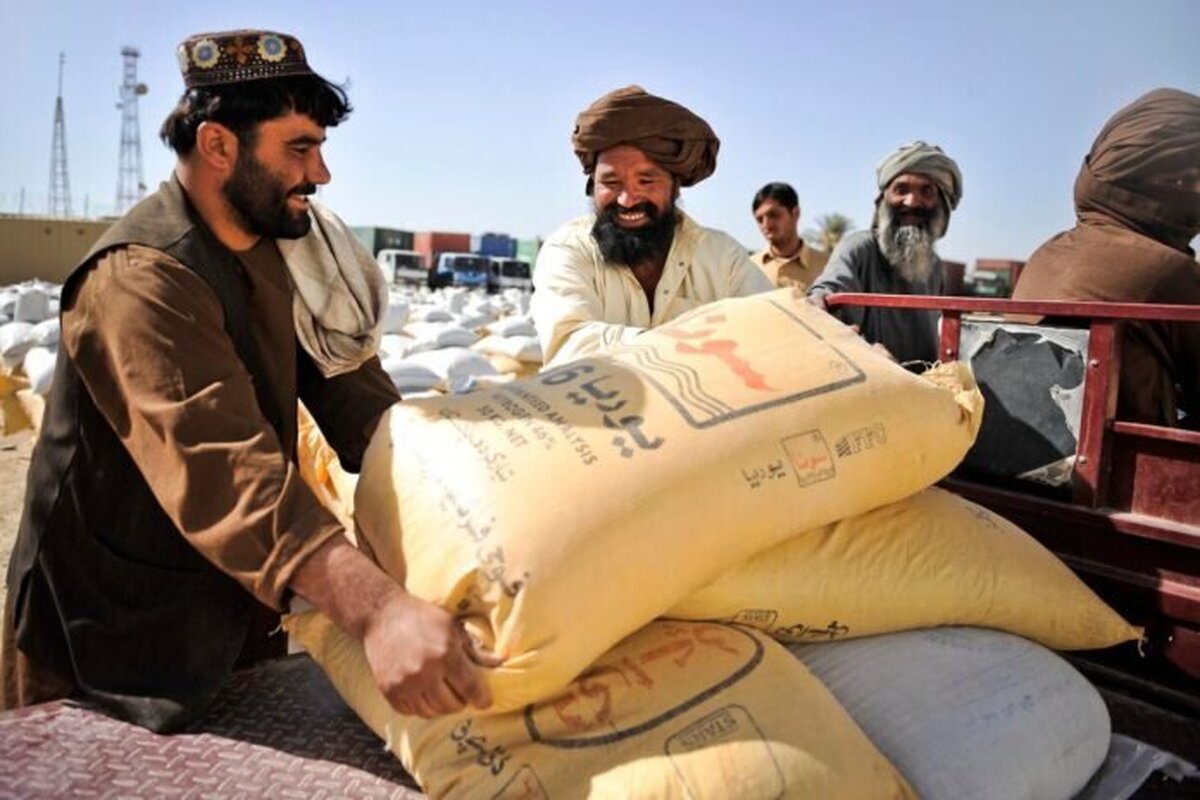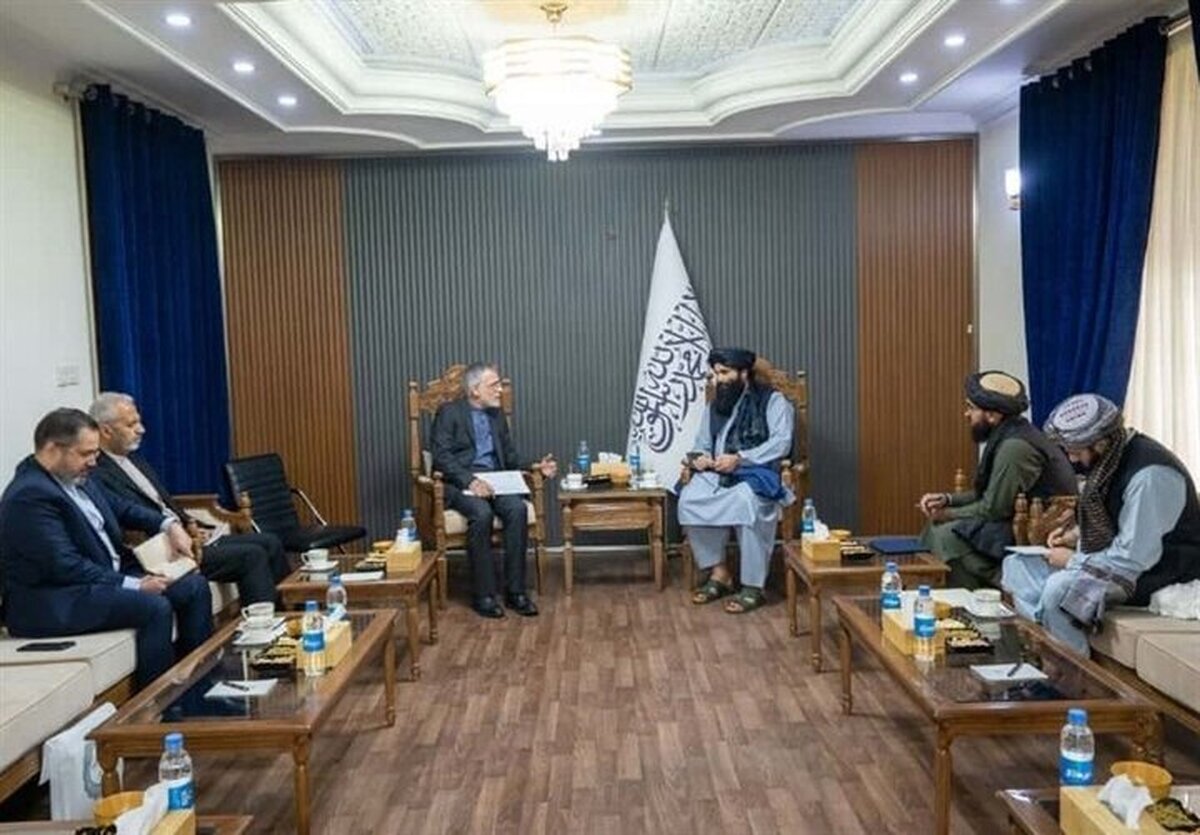
Energy Coop Talks in Kabul
EghtesadOnline: A deputy energy minister has expressed the hope that Iran and Afghanistan would expand cooperation in all areas of trade, transit, and electricity.
Homayoun Haeri said this in a meeting with the Afghan Acting Foreign Minister Mohammad Hanif Atmar late on Tuesday in Kabul, IRNA reported.
Referring to the potentials of the two neighbors, especially in renewable energy, Haeri called on the senior diplomat to support two-way cooperation.
Haeri noted the two countries have good wind energy capacity in the joint border regions, which can be used to generate close to 16,000 megawatts of electricity.
Atmar stressed the importance of strengthening and expanding bilateral economic and trade collaboration.
Pointing to the opening of the first Iranian Water, Power, Engineering Services, Telecommunications, and Related Industries Exhibition in Kabul, he said it was an important initiative that can and should help build economic interaction between the two neighbors.
Joint work on wind energy production, transportation, and urban services, exchange of technical knowhow and tourism skills, opening of the Khaf-Herat railway, and importance of Chabahar port were among topics discussed by the two men.
Twenty-one Iranian companies involved in urban services and 54 technical and engineering firms are participating in the exhibition in Kabul, September 22-24.
Iran’s envoy in Kabul, Bahador Aminian, said at the inauguration ceremony that Afghanistan imports about $3 billion worth of goods a year from Iran.
“Iran is willing and able to help the neighboring country increase the level of its production (in various sectors). We are also prepared to invest in the development of services and technologies needed in Afghanistan,” he added.
Earlier this month, Energy Minister Reza Ardakanian met Afghan Ambassador to Tehran Abdulghafoor Lival and said closer economic ties between the two peoples should be developed, especially in the key energy sector.
For his part, the Afghan envoy proposed the formation of a committee to implement prior agreements between the two countries in the electricity sector.
Sharing Experience
Last year, Afghan Minister of Water and Energy Mohammad Gul Khulmi said his government was interested in sharing the experience of Iranian companies to improve its power infrastructure. According to available reports barely 40% of Afghans have access to electricity.
After four decades of bloody conflict, Afghanistan’s power sector is slowly recovering, but still a large part of the population does not have access to the grid. Even those connected suffer from frequent blackouts, sometimes up to 15 hours a day, which impacts residential and commercial users and hampers economic progress.
Afghanistan’s installed power generation capacity is around 640 megawatts, mainly from hydropower, fossil fuel and solar.
Because as domestic production is insufficient for the 37 million population, the war-torn country imports power from neighbors including Iran, Uzbekistan, Tajikistan and Turkmenistan.
Due to the large influx of Afghan refugees returning home from Pakistan and Iran, Afghanistan may require as much as 7,000 MW in the coming years.
Power wastage is one of the main concerns in Afghanistan. Electricity wastage is said to be near 38%.
Haeri had earlier announced that Iran is willing and able to send seasoned engineers and technicians to help repair and rebuild Afghan power infrastructure.
Iran currently exports electricity to Iraq, Afghanistan and Pakistan and exchanges power with Armenia and Azerbaijan under swap deals.




